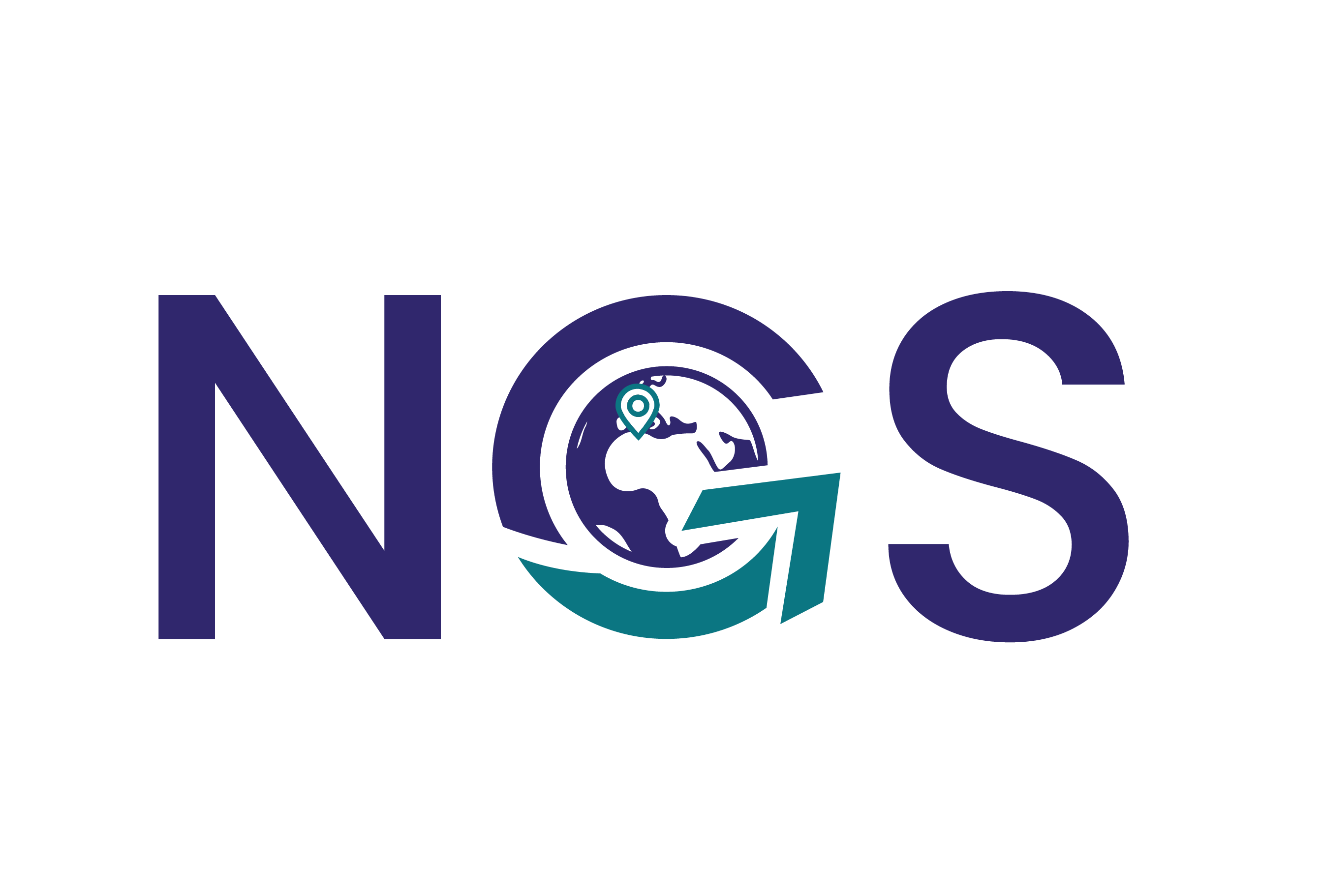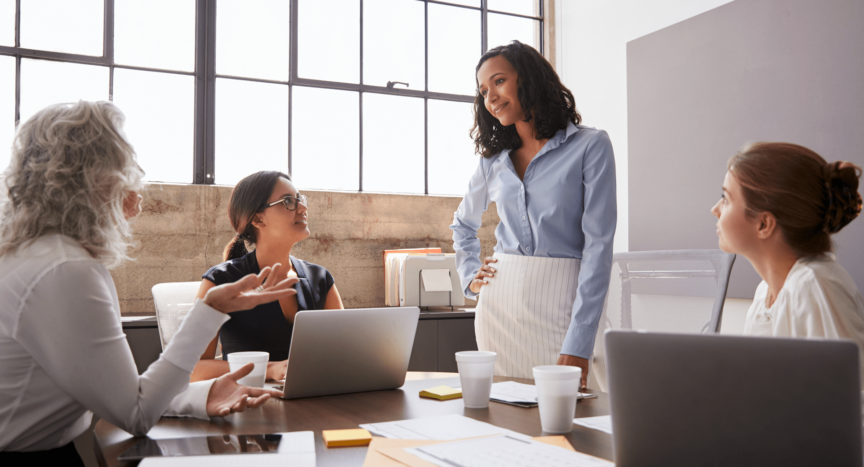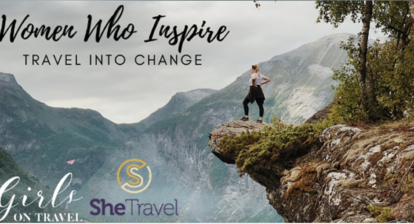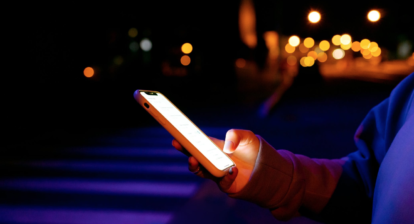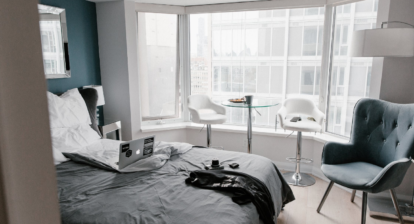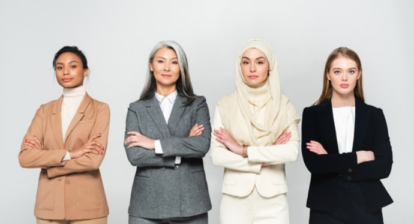Last month, we caught up with women working at NGS, an international emergency assistance firm, to discuss their travel experiences, changes brought about by the pandemic and their top travel safety tips.
What is your current role with NGS? Is there anything interesting you can share with our members that you like about working for an international emergency assistance company?
Lauren (LS): I work as a Risk Analyst for NGS. It is an extremely interesting role that closely follows international affairs and security developments, giving the work variety and keeping it relevant.
Tarnpreet (TJ): My role is a Finance Assistant at NGS and I find that a company like this is quite unique. I haven’t come across a medical evacuation insurance company before and have seen that they go above and beyond in assisting where they can. We always prioritise members and make sure the situation is always under control.
Florence (FG): I am one of the Business Development Executives at NGS. This means my role essentially involves identifying businesses and organisations that I feel would benefit from our services and liaising with them, something I find extremely rewarding and enjoyable, as I am so passionate about what we offer to our clients. Something I had never experienced before joining NGS is the real positive feeling you get, knowing you are having a real input into providing reassurance and safety to people, even potentially saving someone’s life.
Anna-Liisa (AL): I work as a Head of Intelligence for NGS. Our work can be very varied, interesting and challenging on a daily basis and I often think it is a privilege to work alongside so many talented people. I am passionate about working on projects that support our clients’ duty of care and I am always on a lookout how to better shape our programmes that deliver safety and security.
Have you travelled or deployed during past 12 months? Did you travel experience differ or cause any extra concerns to you?
LS: When I have travelled during the COVID-19 pandemic in the UK, I have found spaces and transport a lot emptier, which has made me feel more vulnerable.
TJ: I have not travelled in the past 12 months due to the lockdowns within the past year.
FG: I’ve not been out of the UK since 2019. Actually, this is something I had not thought about until I began answering this question… wow! As I tended to travelled alone pre-pandemic, I was already conscious of safety concerns faced by travellers, especially females. However, currently and going forward, given the many uncertainties we face, I think that most people – myself included – are evaluating their attitude to travel. This includes the need to be more pro-active about making sure we have safe and positive experiences, wherever in the world we find ourselves through work or on holiday.
AL: I have only done domestic travel during the COVID-19 pandemic; empty train stations made feel vulnerable at times and made sure not to arrive too late when I was travelling by myself.
Do you have any safety concerns travelling as a lone female traveller?
LS: Since working for NGS I have become more aware of the risks to female travellers in foreign countries. Some of my concerns include attitudes towards women abroad, and the perceived vulnerability of a lone female traveller. SheTravel has provided me with information, safety tips and mitigation strategies to best prepare for these circumstances.
TJ: I would be concerned travelling alone for a number of reasons. I would feel intimidated travelling alone in some cases and would also be concerned about valuables. Especially with how quiet it now is with many people not travelling at this moment in time, I wouldn’t feel safe taking a flight.
FG: As a female travelling abroad, I am always very conscious about the need for extra-vigilance in terms of my travel plans. I am aware too that lone female travellers are all too often targeted by those with criminal intentions, so making sure that others are aware of my movements at all times and being able to raise the alarm if I find myself in trouble are priorities. I am also conscious that differences in culture, politics and laws between countries can really affect female safety and travel experiences, which some people may not even be conscious of if they have just taken a quick flight to their destination, lulling them into a false sense of security. So it is always important to be well-informed and vigilant throughout, as a lone female traveller.
AL: I always take time to properly plan my solo trips as I have experienced intimidating and unpleasant situations before and I consider safety as my priority when I travel on my own. I take time to research the hotel I stay at (location & review), if I order a pick up service, I make sure to research the company and I always tell someone when I have started my journey.
Do you think COVID-19 pandemic has caused any further concerns for women travelling solo or brought along changes in the risk landscape for women?
LS: The pandemic has caused further concerns for women when travelling. Some consequences that I have experienced include streets and public transport being emptier, increasing the risk of being without someone to assist if in distress. Additionally, reductions in the provisions of public transport can leave a traveller stranded in one location for longer periods of time, increasing their vulnerability.
TJ: Now that covid has affected many businesses and caused unemployment for many, it could result in more pick pocketing. Hygiene is also something people are also more aware about now and I do believe this will make people think twice about who they travel with. There is also a fear of catching anything or having to quarantine which will affect people flying too and they will also think twice if living with families so that they don’t have to quarantine and don’t expose them to anything if they become potential carriers. I think women and men both would be a bit more cautious than before when travelling.
FG: I think that despite so much focus on COVID-19, there has been a lack of sufficient discussion about the particular impact that the pandemic has had on women. For example, for women working or travelling abroad and having to endure lockdown far from home, as a result of the imposition of national Covid restrictions, they may find themselves isolated and alone for prolonged periods. It is not difficult to imagine the damaging mental and physical effects this can have and the need of such women for support or repatriation. As we come out of the pandemic and travel recommences there is also the potential for rising numbers of disturbing incidents to occur against women who find themselves suddenly barred from onward travel or access to accommodation due to not meeting national or local COVID rules and regulations. They may find themselves alone and highly vulnerable late at night, at a railway or bus station or airport unable to proceed to a place of safety or perhaps even to access funds from their bank account. Whether that is happening to women whilst travelling abroad, or even at home where we expect to feel safe, is something I feel extremely passionate about and plan to continue to highlight when discussing the benefits of what we provide at NGS.
AL: During the lockdown, streets and public places were emptier and I think this increased feeling vulnerable for many; I certainly experienced it. When travelling solo and testing positive for COVID-19 before return, may leave a solo traveller vulnerable in a foreign location if they have to quarantine for a longer period of time.
Where are you planning to travel first when the restrictions ease?
LS: I am waiting for the COVID-19 situation in Europe to improve so I can visit family in France.
TJ: I plan to travel to Denmark in August if all looks safe to do so. However this will be based on whether I have been vaccinated and the country is in the green list. I will also be checking which airlines have safety measures in place once we are able to all fly.
FG: I plan to be actively travelling to meet our clients all around the world! However, I am also extremely excited to be able to travel closer to home, to Ireland, where lots of my extended family still live.
AL: I am planning to visit my family in Estonia as soon as travel restrictions allow.
Do you have any personal travel safety tips to share with our members?
LS: Timing your arrival into a foreign place so that you arrive and can travel to your destination during daylight hours. Its normally safer during the day when there are more people around and you don’t feel as rushed to find your way.
TJ: I would suggest that you make sure someone knows your travel plans, stay alert at all times when alone, look confident and keep the majority of your valuables less exposed if you can.
FG: Always research the country you are going to and as much as possible make friends and family aware of your day-to-day plans. This can reduce any potential risks that may occur whilst travelling. Further to this, ensuring your medical ID is saved on your phone is just so important. I am often surprised to discover that people are not even aware they can take this simple but precautionary step.
AL: I always recommend to conduct thorough research about the destination country and places where you are planning to stay. Arriving during daylight is also one of my top tips, as well as knowing roughly the direction and duration of the trip from the airport to your accommodation – this way you will know if you are taken to a completely different direction. If you are on deployment, I would make use of a Safety App (if your company has signed up for one) and its check-in function. I would also recommend not posting exact locations of your whereabouts on social media during your trip. And finally, trust your gut feeling, your intuition is a powerful guardian when it comes to safety.

